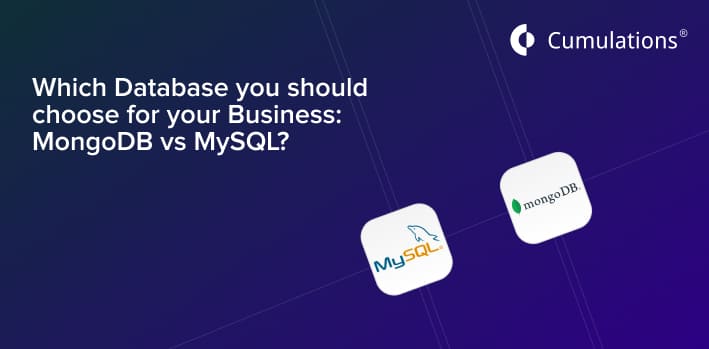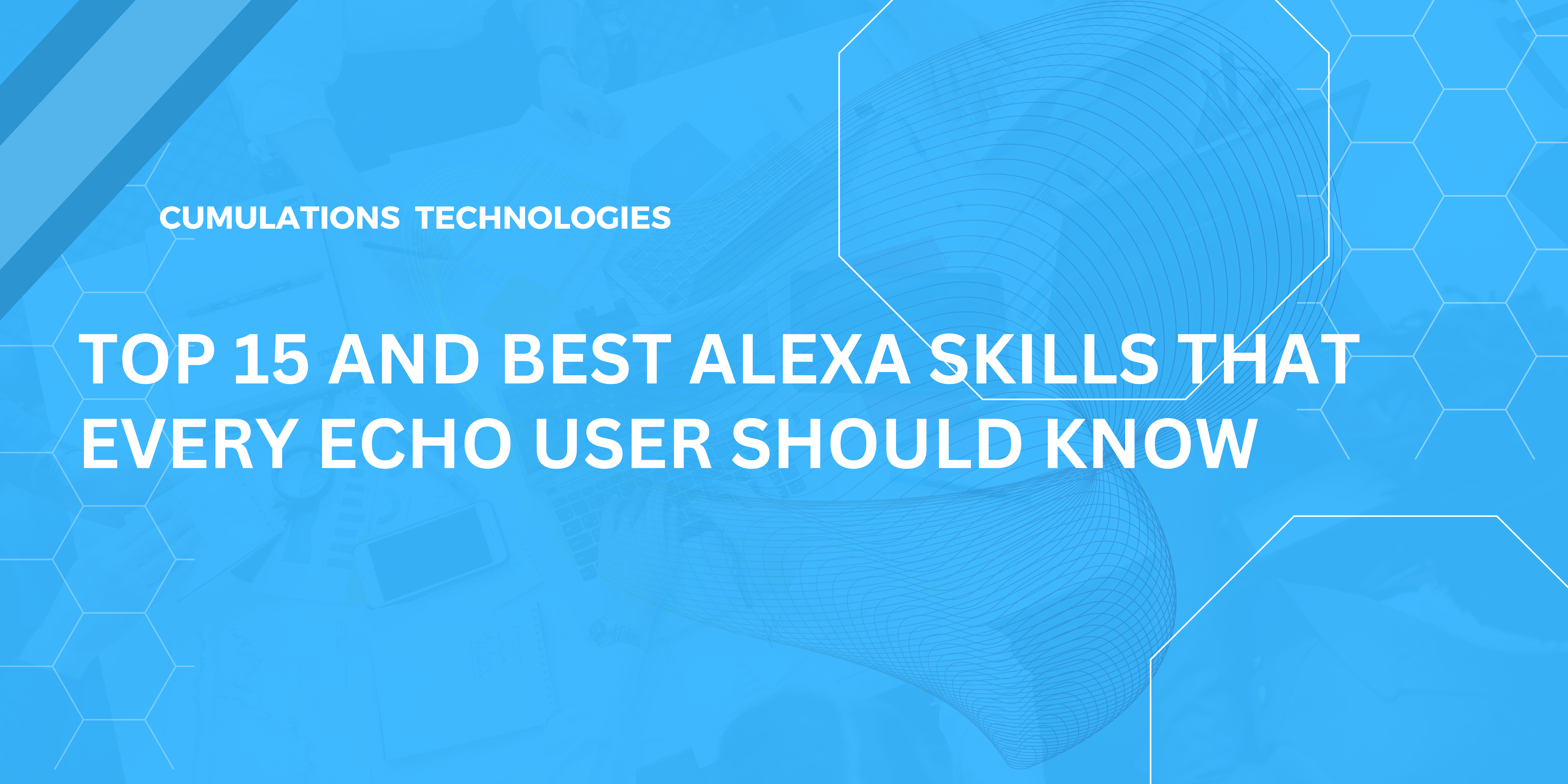
Choosing the right database for your app can be a challenging task. That said, MySQL has become a popular choice of companies looking for an effective and inexpensive relational database. It is a robust and secure database for managing enterprise application data.
But with evolving times, the data types have changed, giving birth to structured, semi-structured, and polymorphic data. This has fueled the advent of non-relational databases, such as MongoDB.
Today, the competition between a newbie and a veteran is extremely stiff. All enterprises are braved by the one most important question: MongoDB vs. MySQL: Which is the most suitable database? The choice between the two is very tough, for both databases come with their fair share of benefits. In today’s post, we will help enterprises understand how the two databases stack up against each other. We will look at the strong points of each and also understand the contexts in which the two are best suited. Let’s begin.
MongoDB vs. MySQL: A Comparative Study
Database Structure
MySQL: MySQL stores data in a tabular form and uses SQL, i.e. Structured Query Language to access it. It adheres to a specific schema to define the structure of the database, where all columns and rows within a table have a similar structure. Owing to this, there is not much flexibility in terms of storing data. Consequently, the app deployment process becomes quite slow.
MongoDB: In the case of MongoDB, the data is stored in a JSON-type format that has varied structures. The database groups the related data and stores it together so it can be easily accessed in time of need. This helps to boost the query speed. Besides, MongoDB is schema-free. Thus, it allows the mobile app developers to create documents without the need to adhere to any specific document structures.
Speed and Performance
MySQL: MySQL stores data in a tabular form that makes it difficult to handle large volumes of information. It requires scanning multiple tables in order to access the needed information. This slows down the speed of the application and reduces its performance.
MongoDB: MongoDB is much faster than MySQL and can easily handle volumes of unstructured data. In this, the data for an entity is stored in a single document, which makes the app faster. Also, it enables reading and writing data all in one place.
Index Optimization
MySQL: MySQL uses indexes for the purpose of searching data. However, when the index is not defined, the database engine scans the entire table to look for the relevant rows.
MongoDB: Like MySQL, MongoDB also uses indexes for searching data. When the index is not found, every single document in the collection is thoroughly scanned to find the specific document offering a match to the query statement being searched.
Query Language
MySQL: MySQL uses SQL to interact with the database. It is a very powerful language that comprises two parts: Data Definition Language (DDL) and Data Manipulation Language (DML). The developers can use commands like SELECT, INSERT, UPDATE, and DELETE to query the data in the MySQL database.
MongoDB: MongoDB uses an unstructured query language to create a query in the JSON-like document. Thus, the developers need to specify a document with properties they wish the outcomes to match. The database uses a rich set of operators that are linked to each other using JSON.
Database Deployment
MySQL: MySQL is written in C and C++. Also, it includes binaries for the following set of systems: Microsoft Windows, OS X, Linux, FreeBSD, IRIX, AIX, NetBSD, etc.
MongoDB: MongoDB is written in C, C++, and JavaScript. It includes binaries for the following systems: Windows, OS X, Linux, and Solaris.
Type of Clustering or Replication
MySQL: MySQL database supports two types of replication: master-master replication and master-slave replication. The two enable the developers to replicate from various masters in parallel.
MongoDB: MongoDB supports built-in replication, sharding, and auto-elections. Sharding enables the developers to scale horizontally. This is something that is very difficult to implement with MySQL. Additionally, auto-elections help the developers to set an ancillary database for mechanically taking over in unforeseen cases when the primary database fails.
Security
MySQL: MySQL supports a privilege-based security model. Also, it ensures that the documents can only be read by the intended clients. However, it fails to clarify why any specific user is denied access to the documents. With this database, the risk of SQL injection is always there, which makes it much less secure than MongoDB.
MongoDB: This offers role-based access with comprehensive security features like authorization, auditing, and authentication. The database is feasible for users to use TLS, i.e. transport layer security and SSL, i.e. secure sockets layer for encryption of end. This ensures that the database is open and readable by all authorized users.
Scalability
MySQL: One of the greatest benefits of MySQL is that it is vertically scalable. This implies that you can increase the load on any individual server by expanding the RAM or CPU configurations.
MongoDB: MongoDB, on the other hand, is horizontally scalable. This enables the system administrators to expand the storage on the fly. The database can easily handle more traffic by sharding or adding more servers and making a MongoDB cluster. In simple words, it is like adding more floors to the same house than adding more houses on the street.
MongoDB vs. MySQL: Choosing the Best One
When to opt for MySQL?
If you are looking for a good database at a reasonable price
If you are just starting your business and the database won’t scale a lot
If you are going to work with a fixed schema
If your business requires a high transaction rate
When to opt for MongoDB?
When the requirement is high data availability with robust and quick data recovery
When you know you are going to work with unstable schema and want to reduce the cost of schema migration
If your business services are mostly cloud-based. In this case, the horizontal scaling ability of MongoDB will enable easy cloud computing.
Final Words
With the aforementioned points in mind, you will be able to easily choose between MySQL and MongoDB. It is important to understand that the choice between the two largely depends on your business requirements.
MySQL is typically preferred for its management ease and flexibility. It supports reliable data managing techniques that can assist your business in difficult times. On the other hand, if the data that you are handling is unstructured and confusing, you must opt for MongoDB. Also, if you need to store large quantities of data, MongoDB should be your preferred choice.


 +91-984-5825982 | +91-996-4689921
+91-984-5825982 | +91-996-4689921 sales@cumulations.com
sales@cumulations.com Send your requirement
Send your requirement 



